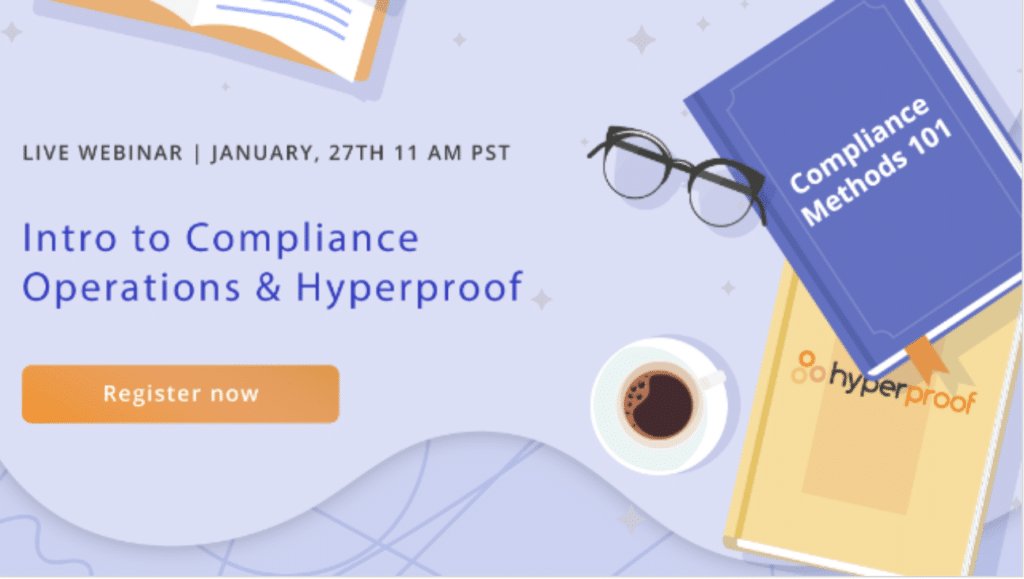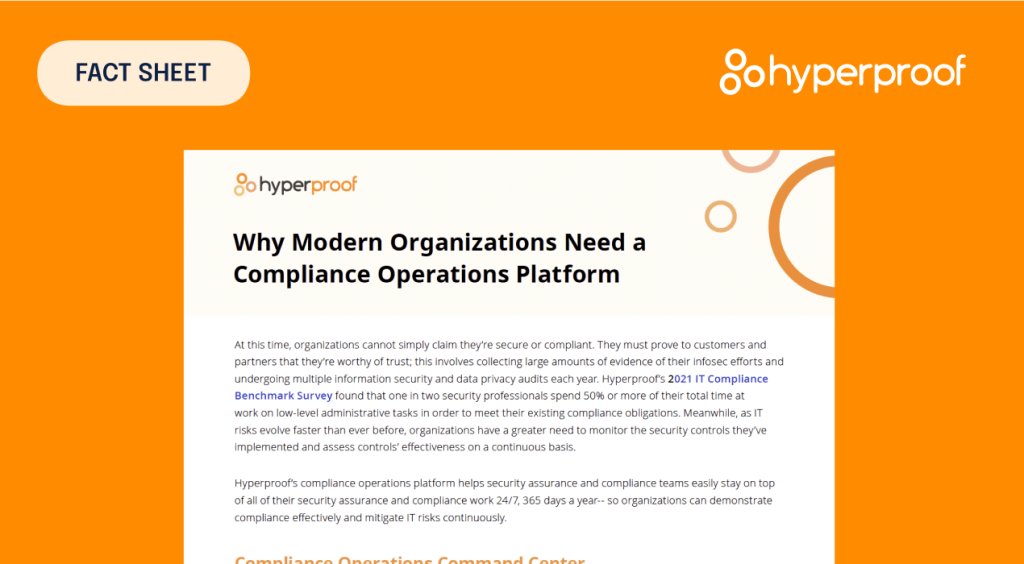Is it Time to Hire a Virtual Compliance Officer?
Operational budgets have been slashed in many organizations, and those cuts mean that risk, compliance, and security officers may have to reprioritize to accommodate smaller budgets.
Yet, the risks that you have been managing do not go away because your budget has been cut or you’re short-staffed. Additionally, COVID-19 has greatly amplified certain risks organizations have always faced. For instance, cyberattack schemes have exploded since the COVID-19 pandemic because people are using electronic communication tools and software in entirely new ways and at a much greater scale than before. Hackers know that people are working from home on their personal devices and are ready to exploit these opportunities.
Cyber experts have found that organizations today are highly likely to become victims of data breaches due to vulnerabilities in the third-party apps they use. In fact, the Ponemon Institute found that in the past two years, 53% of organizations have experienced at least one data breach caused by a third party. And a data breach costs an average of $7.5 million to remediate.
Further, when employees take on additional work or face pressures to meet goals during financially difficult circumstances, risks of misappropriated assets or fudged financials can increase. Anti-corruption organizations have warned that the economic upheaval caused by the pandemic could create an environment that’s ripe for bribery.
Privacy risks have been magnified too. In pandemic times, OSHA has required employers to conduct investigations to determine whether employees who have contracted COVID-19 did so in the workplace. Employers have an obligation to collect employees’ personal health information in order to keep communities safe. However, the health information of employees must be secured and kept confidential, as it’s subject to a number of different federal and state laws.
Further, this is a time when no organization wants to take on additional third-party risks. Right now is a bad time to give your customers reasons to worry about your security posture. In fact, the more quickly and systemically you can provide assurance that your systems are reliable, secure, and trustworthy, the better your customers will feel about you as a third-party vendor. Thus, staying on top of infosec audits and security questionnaires is another demand that’s added to compliance officers’ plates.

More than ever, organizations need to keep their compliance procedures functioning properly; they need strong monitoring capabilities to make sure they can detect potential mistakes or misbehaviors and fix them before it’s too late.
The question to ask is: do you have the team members you need today to run effective security and compliance programs?
If the answer is “no”, the next question to ask yourself is, what are the alternatives? If you have a budget, you can hire compliance officers and professionals with expertise in cybersecurity. But there’s a vast shortage of qualified professionals relative to demand.
Last year, ISACA polled 1600 security professionals; 69% of respondents said their teams are significantly or somewhat understaffed. And 32% said it takes six months or longer to fill these positions.
In our experience, it’s not at all uncommon for compliance tasks to be delegated to someone who doesn’t have any background in compliance — like the head of HR or a senior project manager — simply because an organization cannot afford to keep a dedicated compliance officer on staff.
However, when information security and compliance tasks are delegated to individuals who lack expertise, an organization is prone to making costly mistakes that take far more time and effort to correct.
So, if you know that you have to meet compliance requirements but you can’t afford to hire an expert full time, you may consider hiring a virtual chief compliance officer on a contract basis as a more economical option.

What is a virtual compliance officer?
A virtual compliance officer is a senior professional who can provide information security strategy guidance and oversight and do the work needed to build, implement, and manage information security programs for continuous compliance without the cost of a full-time Chief Compliance Officer.
What does a virtual compliance officer do?
Similar to a full-time, in-house compliance officer, a virtual chief compliance officer is there to meet your business and operational information security compliance objectives. The individual is there to:
- Manage your compliance program on an ongoing basis
- Provide counsel on your information security strategy
- Develop standards, policies, processes, and procedures
- Conduct audits of your information assets to understand the efficacy of your internal controls and determine how to strengthen your data protection measures
- Conduct risk assessments and determine how to treat those risks
- Conduct internal audits
- Educate your stakeholders and employees on policies and procedures so they become more risk-aware.
You can hire a virtual compliance officer for a dedicated time period or on an as-needed basis throughout the year. There are flexible options that work with a variety of budgets. Hiring a virtual compliance officer is a good way to ensure that your organization maintains a strong compliance function and keeps your compliance-related expenses in check.

Hyperproof can assist you in finding a virtual compliance officer
If you’d like to find qualified virtual compliance officer services to help you stand up your infosec compliance program, Hyperproof is here to help. We have relationships with many professional virtual compliance officer service firms with expertise in cybersecurity, data privacy, and compliance. These firms offer various compliance officer jobs virtual at different price points. We’ve created a directory of vetted professional service firms that offer virtual compliance officer services.
Find a Virtual Compliance Officer

See Hyperproof in Action
Related Resources
Ready to see
Hyperproof in action?












